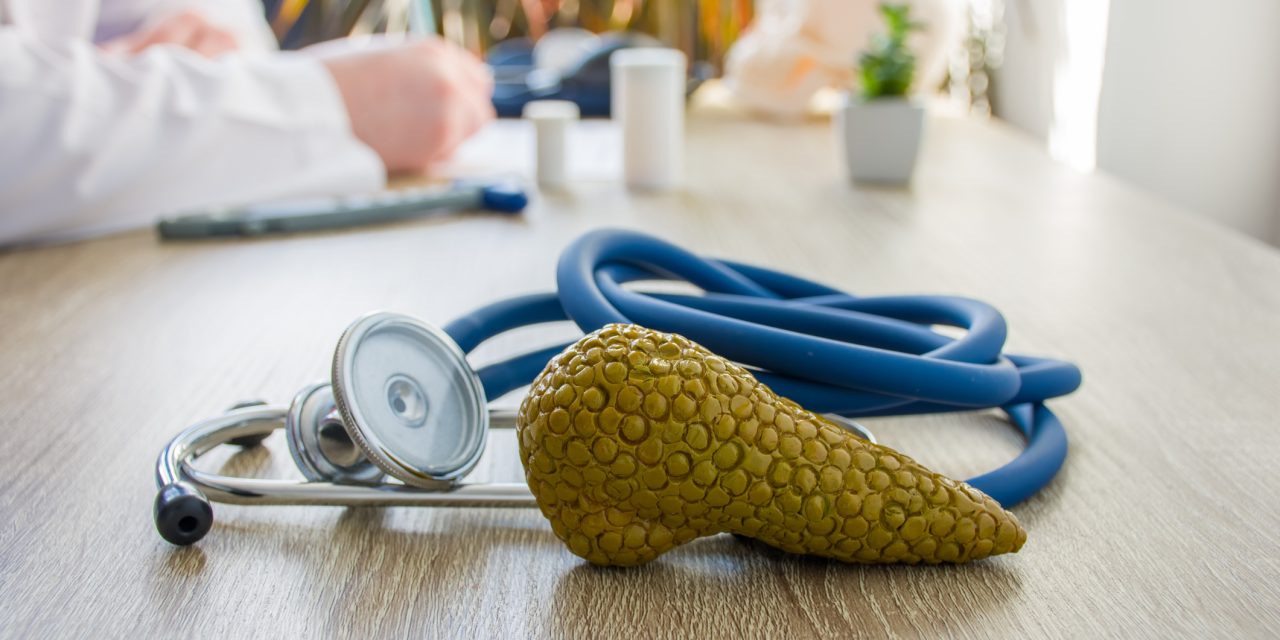Polycystic ovary syndrome (PCOS) increases risk for development of type 2 diabetes. Whey protein ingestion before a carbohydrate load attenuates blood glucose. For our exploratory, case-control study design, we hypothesized that 35 g whey protein isolate (WPI) preloading would increase postprandial incretins and reduce hyperglycemia in women with PCOS. Twenty-nine age-matched women (PCO = 14 and CON = 15) completed oral glycemic tolerance tests (OGTT) following baseline (Day 0) as well as 35 g WPI acute (Day 1) and short-term supplementation (Day 7). Eight venous samples were collected during each test for quantification of glucose, and enteropancreatic hormones and to calculate area under the curve (AUC). Data was analyzed via repeated measures ANCOVA with significance set at P< .05. "Day x time x group" significantly influenced glucose (P = .01) and insulin changes (P = .03). In both groups, AUC were significantly lower on Day 7 than Day 0 (P< .05). Postprandial glucose excursions were lower on Days 1 and 7 than Day 0 in PCO and CON. Both, PCO and CON exhibited greater insulin changes on Days 1 and 7 compared to Day 0 (P< .05). AUC were higher on Days 1 and 7 than on Day 0 (P< .05). Changes in active GLP-1 were higher on Day 1 than Day 0 (P= .03). Overall, we showed that WPI preloading augmented insulin release and consequently lowered circulating glucose in women with and without PCOS. This insulinogenic effect can be attributed to enhanced active GLP-1 levels. We concluded that the incretin-mimetic effect of WPI may aid women with PCOS in achieving glycemic homeostasis.Copyright © 2021. Published by Elsevier Inc.
Whey protein preload enhances the active GLP-1 response and reduces circulating glucose in women with polycystic ovarian syndrome.


